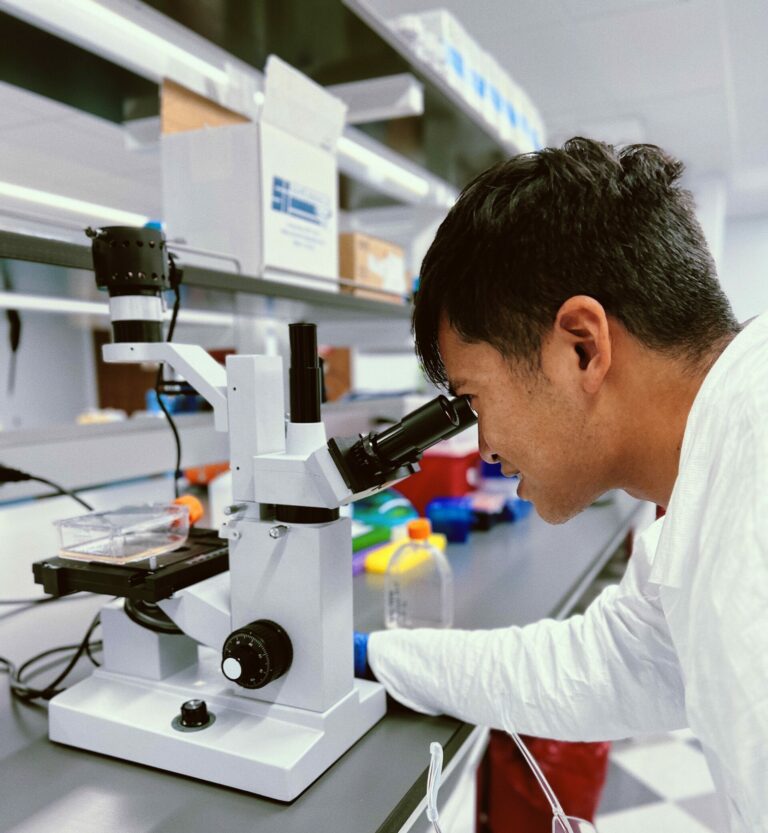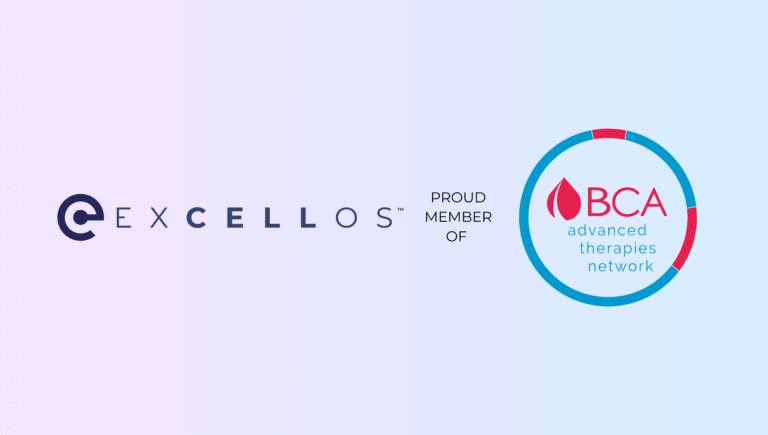Scientists at the H. Lee Moffitt Cancer Center in Florida are investigating the potential for using tumor infiltrating lymphocytes (TIL therapy) in the fight against metastatic lung cancer. [1]
PD-1 immune checkpoint inhibitors and CAR T cell therapies are some of the most promising cancer treatments developed in recent years to help fight aggressive cancers. Nonetheless, many patients are resistant to these types of therapy, and adjunct therapies are sorely needed to improve outcomes for those patients.
Why TIL Therapy?
A large part of the problem with treating certain cancers is the difficulty of dealing with “cold” tumors, or tumors with few if any infiltrating immune cells. [2] The concept of tumor-infiltrating lymphocyte therapy (TIL therapy) evolved in response to this challenge. The ability to recruit T cells directly to the site of a tumor should in theory significantly improve responses to immunotherapy.
Lung cancer is a notoriously difficult disease to treat. 85% of lung cancer patients suffer from some form of non-small cell lung cancer (NSCLC), a disease in which most patients fail to respond to immune checkpoint inhibitors. The Moffit Center research team are conducting a phase-1 clinical trial to determine whether NSCLC patients being treated with the PD-1 inhibitor nivolumab might receive additional therapeutic benefit from TIL therapy.
How to use TIL Therapy
Like other autologous cell therapies, TIL therapy revolves around using a patient’s own immune cells to help fight their cancer. This dramatically lowers the chance that the cells will elicit a potentially dangerous immune response once infused back into the patient. While other autologous therapies rely on isolating circulating immune cells, TIL therapy relies on isolating immune cells from patient tumor biopsies. Since T cells that can successfully infiltrate the tumor microenvironment are relatively rare, the cells must first be expanded outside of the body in order to reach numbers sufficient to constitute an effective infusion dose.
TIL propagation can be difficult because the cells need a variety of growth factors, in particular IL-2, to survive and proliferate. To expand TILs for this study, scientists first minced tumor tissue into small fragments (in this case about 48 fragments per tumor). Fragments were placed individually into 24-well culture plates in the presence of IL-2 and human serum and checked for proliferation every few days. Once individual TIL samples became confluent, they were screened for reactivity against cells from the original tumor, as evidenced by interferon-gamma activity. TILs with the best proliferation and tumor reactivity profiles were cryopreserved for later rapid expansion.
Scientists often use irradiated peripheral blood mononuclear cells (PBMCs) from healthy donors as feeder cells to help support the rapid expansion of tumor-specific TILs. Irradiated PBMCs are rendered incapable of propagating themselves but retain the ability to facilitate lymphocyte growth and expansion. TILs in this study were expanded using this method. After being tested for quality and viability, the expanded TILs were infused into lymphodepleted patients according to study protocols.
As a phase-1 clinical trial, the primary endpoint of the study was to assess the safety of infusing TILs in patients undergoing nivolumab therapy for lung cancer, with the secondary goal of assessing any observed clinical benefits. For 95% of the patients in the study, tumor-reactive TILs were successfully expanded and administered at a median dose of 95 billion CD3+ cells.
Positive Results
The Moffitt Center scientists were pleased to report that primary goal of safety was met according to pre-established criteria. Serious adverse events occurred in 12.5% of enrolled patients, most of which could be attributed to lymphodepletion prior to TIL therapy. 13 of the 20 enrolled patients were considered to be evaluable for the purposes of the study. Among those 13 people, 3 had confirmed responses and 11 displayed a reduction in tumor burden (with a median change of 35%). 2 patients achieved a complete response that was still ongoing 1 ½ years later.
The scientists also carried out an in-depth analysis of patient T cell populations post TIL infusion. An analysis method known as the polyfunctional strength index (PSI) was used to get an overview of T cell functionality. PSI measures the number of CD3+ cells capable of secreting multiple types of cytokines. In this case, testing was performed using the Isoplexis IsoCode chip that screens for secretion of 12 common human lymphocyte cytokines.
Results from the PSI test were generally positive. T cell function was restored following TIL infusion, and clinical study patients achieved a durable conversion of the phenotype of their peripheral T cells. Furthermore, they found that T cells capable of recognizing multiple types of cancer mutations were enriched in patients who had received TIL infusions. Overall, the scientists concluded that TIL cell therapy is both generally safe and clinically active. TIL therapy will continue to be evaluated as a new treatment strategy for metastatic lung cancer.
Excellos is committed to bringing new standards of expertise and support to scientists and clinicians working on cell and gene therapy development. To support your TIL rapid expansion protocol, Excellos provides irradiated allogeneic peripheral blood mononuclear cells (PBMCs) from healthy donors for T cell co-culturing.
References
- Creelan BC, et al. Tumor-infiltrating lymphocyte treatment for anti-PD-1-resistant metastatic lung cancer: a phase 1 trial. Nature Medicine (2021) 27, 1410-1418. August 2021: https://doi.org/10.1038/s41591-021-01462-y
- Bonaventura P, et al. Cold Tumors: A Therapeutic Challenge for Immunotherapy. Frontiers in Immunology (2019) 10 (168). 8 February 2019: doi: 10.3389/fimmu.2019.00168

